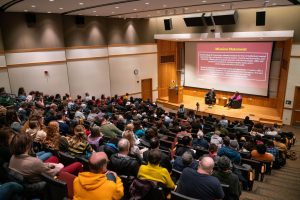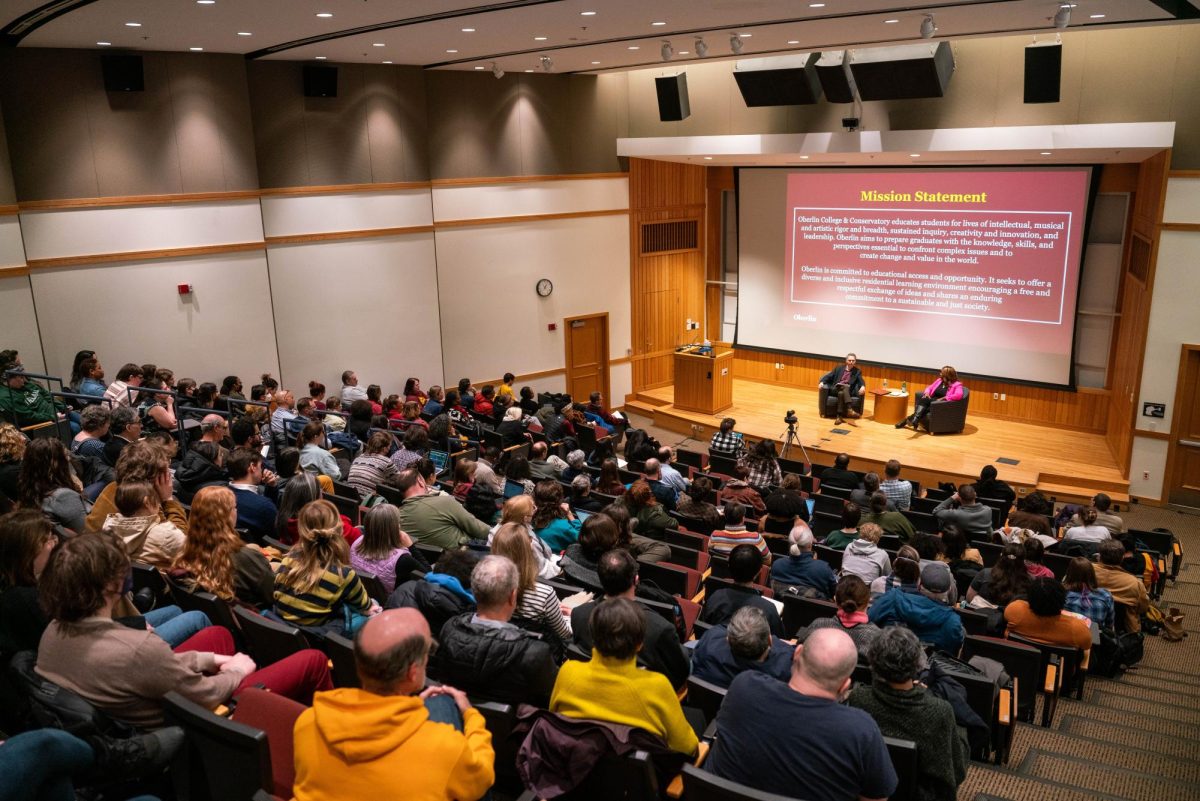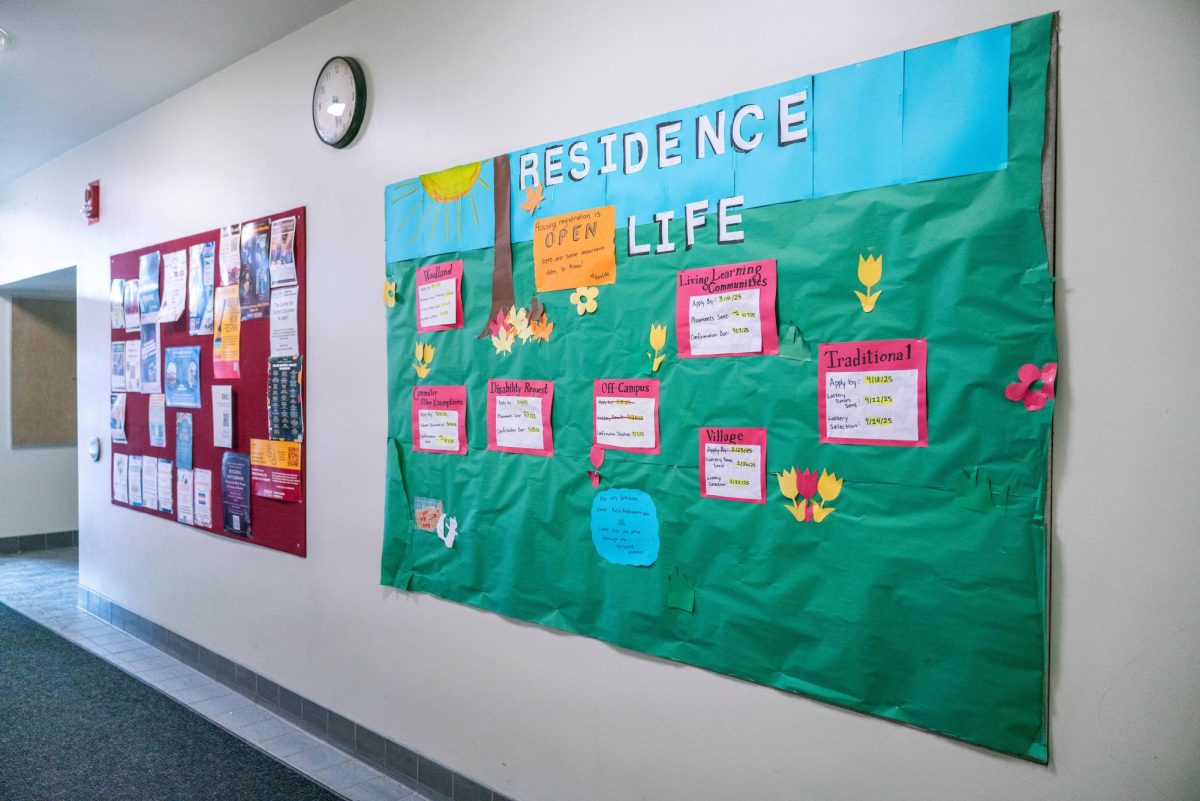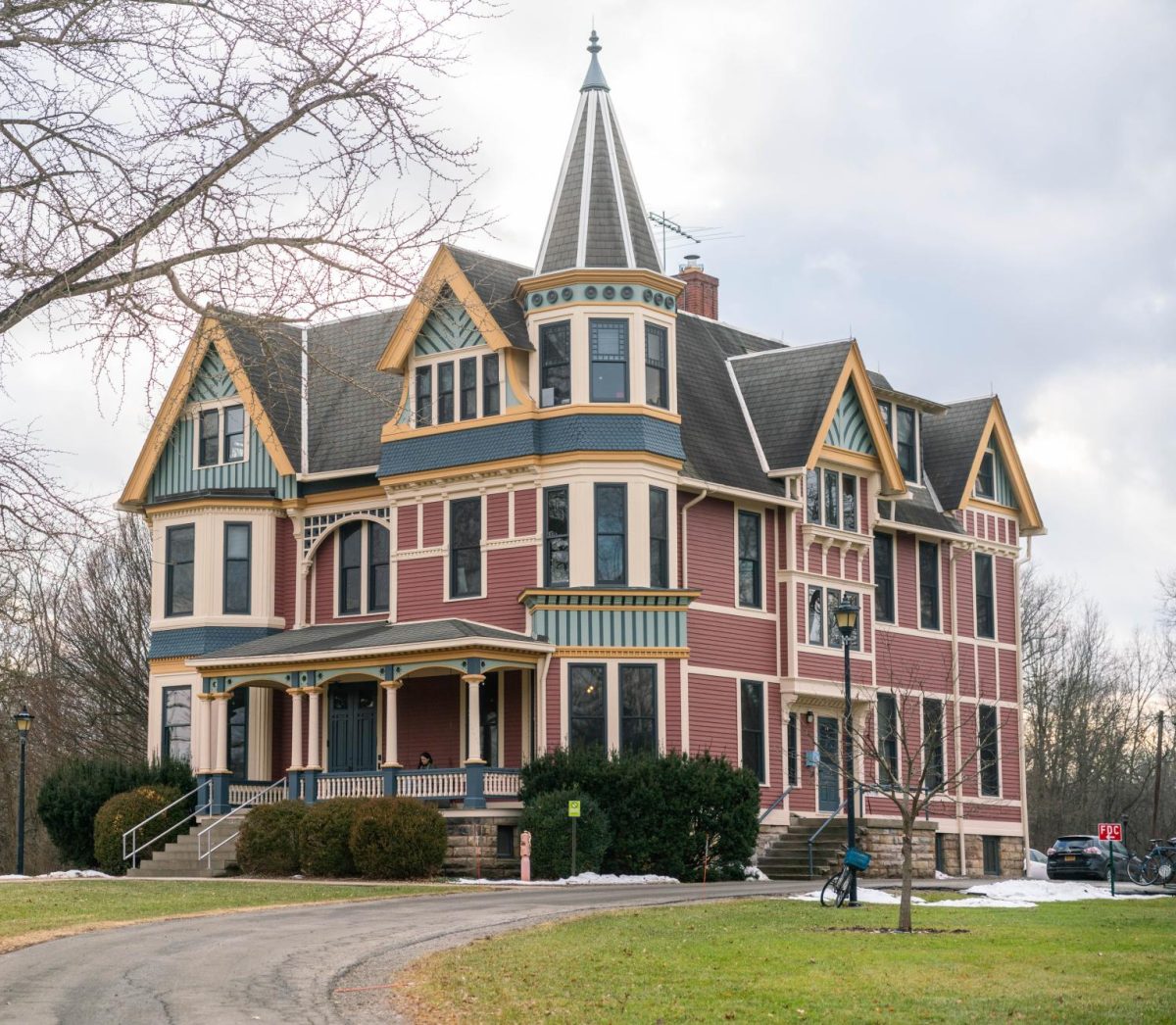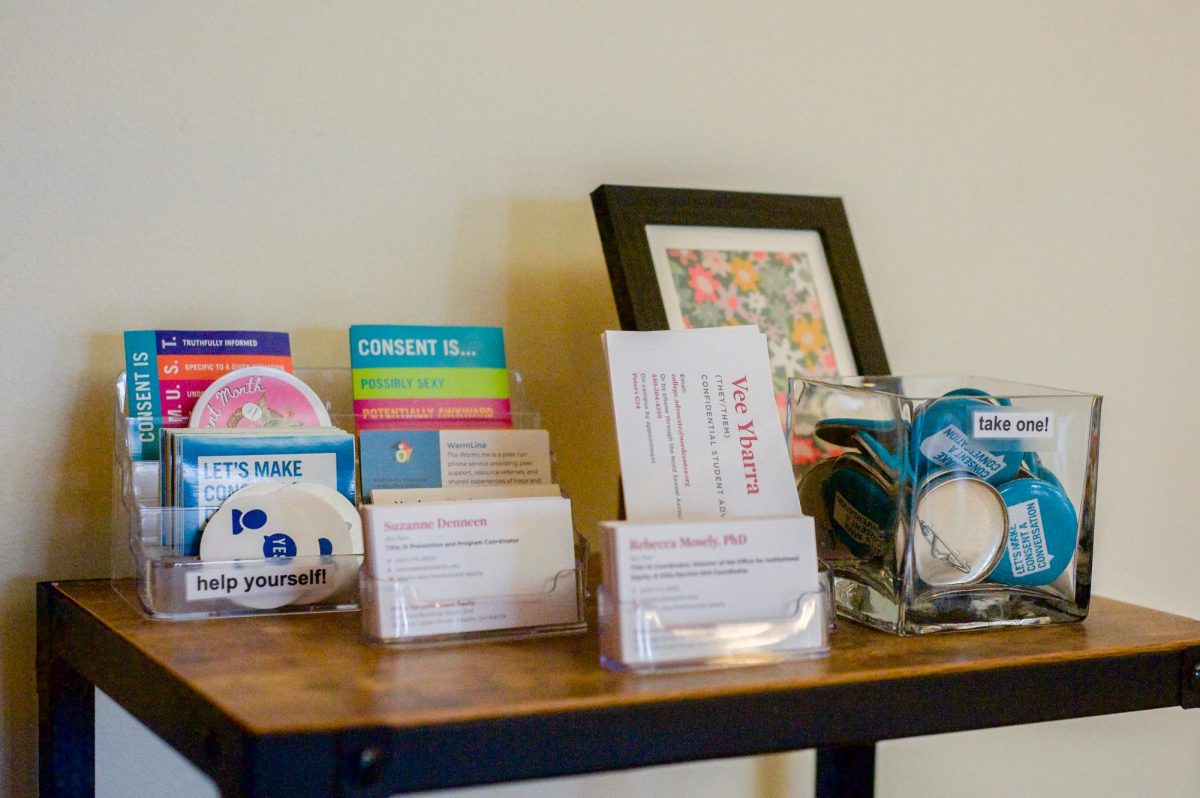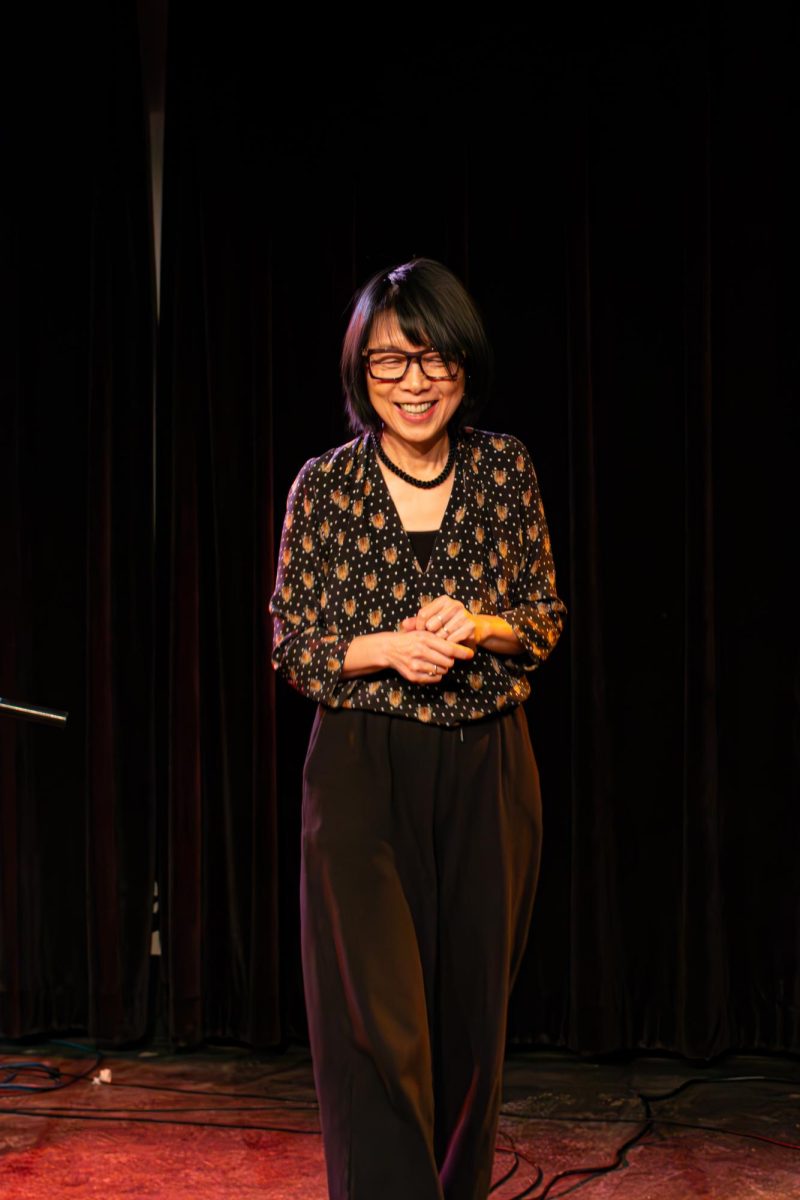Off the Cuff: Nell Irvin Painter
Nell Irvin Painter is a noted historian, artist and author, and a professor of racial history at Princeton University. She holds doctorates and high honors from several highly acclaimed academic institutions. Her most recent book, The History of White People, traces the heritage of lighter-skinned peoples that today we call “white,” and was a 2010 New York Times Bestseller.
February 25, 2011
I was wondering about The History of White People. You’ve said before that we’re actually all black.
Did I?
Yeah.
Well, in the sense that we all have African ancestry. The earliest homo sapiens are from Africa, and so everybody’s carrying around little bits of their DNA. If you want to assign race or geography to your DNA, I prefer to say it’s just all human, but if you want to put it somewhere it comes from Africa.
What I did find fascinating as I was working on The History of White People was the degree to which migration is typical of human history — that people have been moving ever since people have been people, and that the demographers trace where people have come and gone and so forth. But what you find is that people are always on the move, and they’re always having sex. And so being on the move and having sex, they’re always getting mixed up. There’s no “pure.”
I say over and over that race is a concept, but the ingredients of the concept are that race is biological, permanent and intrinsic. If you look at what the characteristics are they change all the time! It depends on who you’re talking to, and for what purpose.
So the idea that there’s a “pure” something, that somebody can trace their ancestry back to, say, Ireland, and it stays there? It doesn’t, because those people have been moving around. The people who say they have ancestry in the United States back to the 19th century, they’re tri-racial in our sense. They have ancestors from the Americas, from Africa, and from Europe. And that goes for everybody. There’s no pure anything.
Were there any particular moments in your childhood that influenced your future career as a black historian?
Oh, yeah. To show you how fated it was that I would be a writer, my parents fell in love at first sight in their college library in their little college in Texas, and they got married when they were 19, and they stayed married until my mother died at 91. So they were married more than 70 years.
My parents were always very supportive of me. There was never a time when they said, “Why are you doing that?” for either scholar or artist. I’m straddling artist-scholar rather than just scholar. In the late ‘80’s, my work changed to be more Freudian, and my approach to history was to talk about other people’s families and their childhood and their relationship with the people around them. I came to feel that it was really important to deal with each person in history as an individual.
I began to see how important early experiences are in what you do as a grownup. People say, “Well, why do you write history?”and “Why are you making art now?” I tell them, ”love history,’ and “I just love art!” That freedom comes exactly from my family upbringing.
Was it family upbringing that led you to be interested in black history, or history in general?
It wasn’t family history in a sense of something that happened as an event, but rather — well, first of all, my parents were migrants.
From where?
They moved from east Texas — from Houston — to California in the second World War. So big migration. … We think of it as a black migration, but it was a Texas migration. People from Texas and Louisiana, of all backgrounds, moving to opportunities in California.
I also spent several years during the 1960’s outside the United States, France and West Africa have been really important in giving me a much larger view of the world. If I’m at all sane, it’s because I spent many years outside the United States – living in a racist society would drive you crazy.
It was migration and movement and questions about migration that got me started, a migration of black settlers out of Texas, Louisiana and Tennessee. That was my first book, my dissertation.
What else have you written about?
My second book is a biography of a man [Hosea Hudson] who was also African-American. But what drew me to him was that he was a Communist, a Stalinist, in Birmingham, Alabama. He joined the party in the ‘30’s. I said, “What’s that about?!” [Laughs] So, you know, it’s really curiosity. All of my work has been just something I want to know. You know, what makes you and keeps you a Communist in Alabama?
Later, I did Creating Black Americans. In that book, I wanted to make sure that people would know that you can’t just peer through historical sources and know the past once and for all, and the most likeable way for me to show that was to use black fine art. For instance, you have several instances of Martin Luther King, Jr., and there are two images of Sojourner Truth, and neither one is from the famous series of photographs.
Then we get to The History of White People, which started again with a question: Why, in social science literature, are American white people called “Chechans”? That came up during all the roiling that still goes on between Russia and the Caucuses, which usually is spoken of as Chechnya. There were images in the newspapers of bombed-out Grosny, of the Chechan “terrorists,” and they just look like people from that part of the world, if you ask me. They didn’t look like white Americans. So, you know, how did that name get to say, medical literature in the United States?
I’m interested on your take in the whole idea that Planned Parenthood is a way to “decrease and control” the black population.
Oh, that’s such bullshit.
I’ve heard it’s been accepted as the truth in minority black communities from a young black woman who posted on Planned Parenthood’s Facebook wall. She said she’s really glad Republicans are leading an attack on Planned Parenthood, because it deliberately tries to wipe out the population of minority communities, especially black communities.
No. There’s one nut in New York who stands up and says that. But it’s such utter nonsense! Yeah. Bullshit.
Okay. [Laughs]
I mean, not every scoundrel is a white man. Not every nut is a white man. Not even every gun-toting nut is a white man. So we will have people shouting nonsense. And if it’s nonsensical, it doesn’t make it any sounder if the nonsenser is a black woman. It’s still nonsense.



